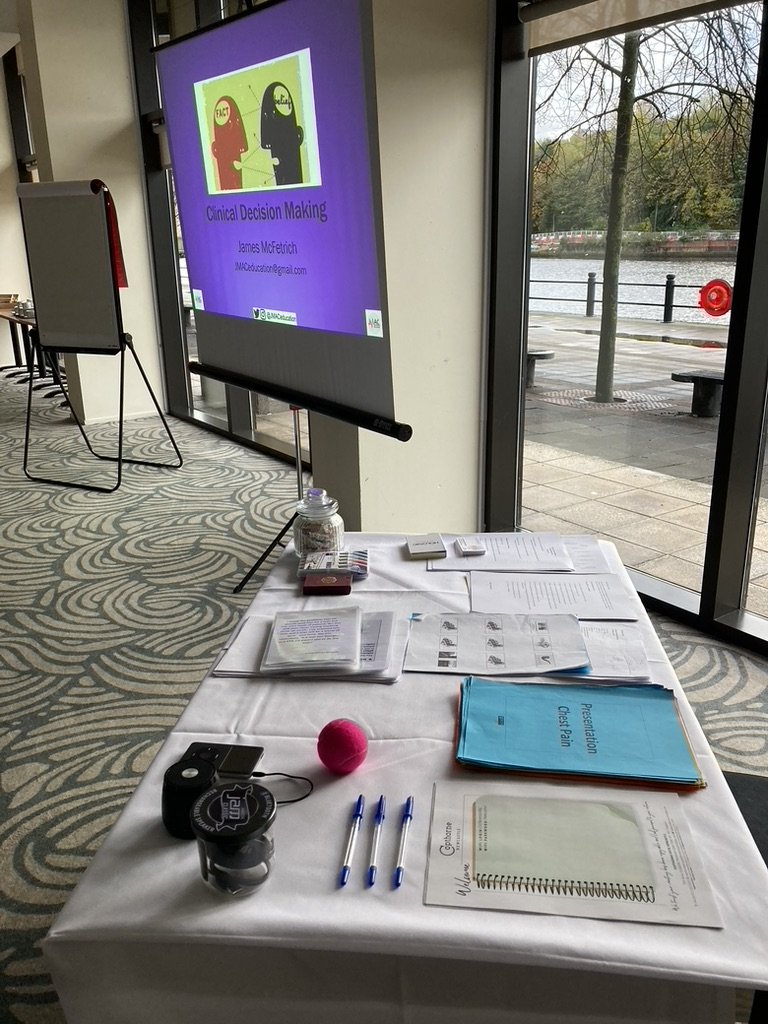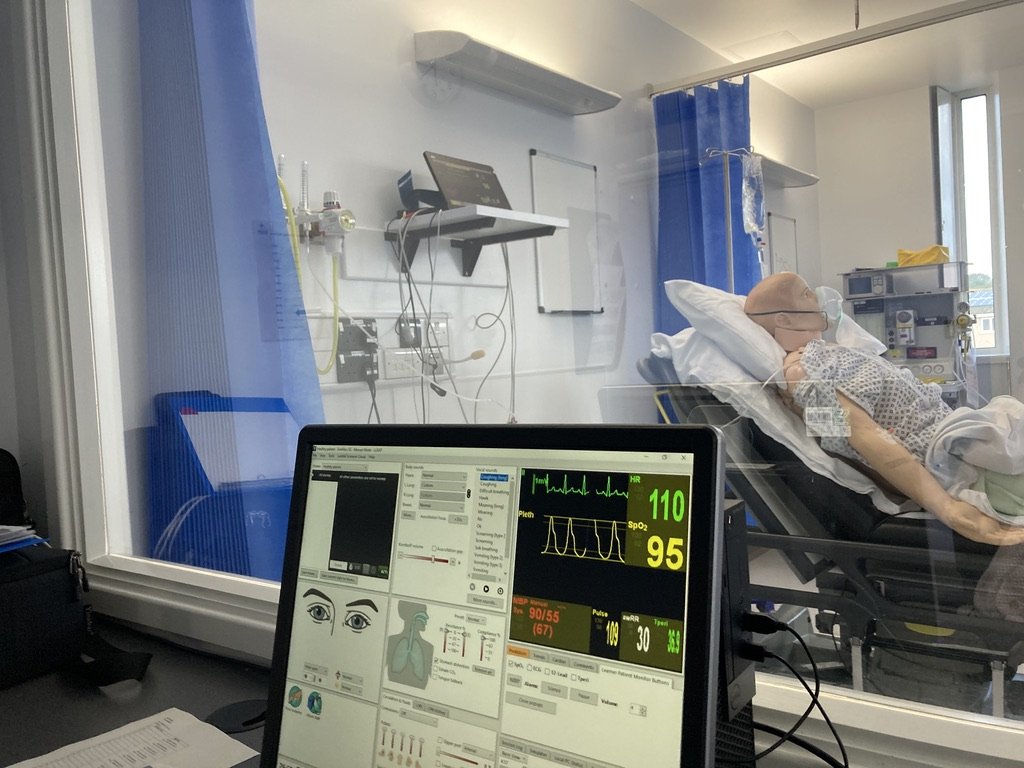Clinical Decision Making
Decision making is crucial in healthcare, yet it is seldom discussed how we actually do this.
In this workshop we discuss the process of making decisions especially under pressure and how we can best mitigate against diagnostic error. Every doctor makes decisions every day, but have you been taught how to make clinical choices? Have you thought about why you make different decisions at different times? How does the bias of the patient, the environment you are in and your thought process affect your decision making?
This training will help you think more critically about your clinical decisions and help you make wiser decisions about your patients.
Learning Outcomes:
Understand bias and how we experience it
Understand the effect of bias on clinical decision making
Understand the importance of diagnostic error and contribution of bias to that
Understand Type I and Type II thinking and contribution to clinical decision making
Understand models of clinical reasoning
Knowledge of strategies to increase awareness of bias and reduce diagnostic errors
Health education England, Clinical Decision Making workshop feedback:
“A really interesting look into our own decision making processes.”
“Good interactive group work exercises looking at workplace challenges and opportunities.”
“Very good event, engaging and stimulating.”
Effective Presentations
When tasked with giving a presentation do you start to prepare by opening up PowerPoint? Do you squirm inside when a presenter apologises for their slides – only to do the same when you present?
Giving presentations is a key part of progressing as a doctor and causes some people great anxiety and yet few people are taught or learn how to give effective presentations.
Whether you are presenting research at a national conference or a quality improvement project to your peers we can all benefit from understanding and practicing key skills to improve how our information comes across.
In this half day workshop I guarantee to change the way you think about presentations and improve your communication skills using presentation software.
Learning Outcomes:
Understand the equal importance of story, media and presentation to informing your audience
Understand how to plan for a presentation
Practice distilling information into useable summaries
How to practice for a presentation
Opportunity to practice a presentation and receive feedback
Health Education England, Effective presentation Skills workshop feedback:
“This will change your presentation skills to a better level.”
“An opportunity to re-think how I develop presentations.”
“It was pitched at exactly the right level and the handout was great.”
“I will be recommending all my colleagues to go to this event.”
Simulation Training
Simulation training has progressed significantly in the twenty years since I started using it. However, it is only another teaching method and needs to be understood to deliver effective education.
Whether you fall into the category of being scared of the technology or are so interested in the gadgets that you forget about the education; I can offer training in use of simulation as an educational tool for any level of understanding.
A key component of immersive realistic simulation is debriefing. This period of time of teaching should be at least as long as the simulated clinical encounter and is the key time for learning for the whole group.
Simulation training is a great way to teach and understand the effect of human factors in healthcare. My workshops in simulation training can provide teaching in human factors too.
Simulation Debrief Workshop
“An excellent toolkit for difficult debrief and MDT sim”
“Excellent session, well paced for attendees, flexible, interactive and entertaining.”



